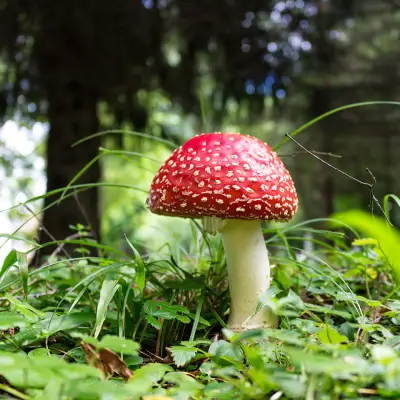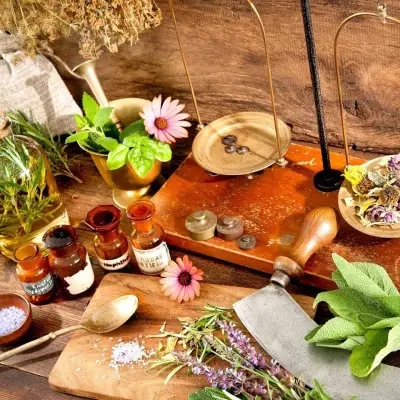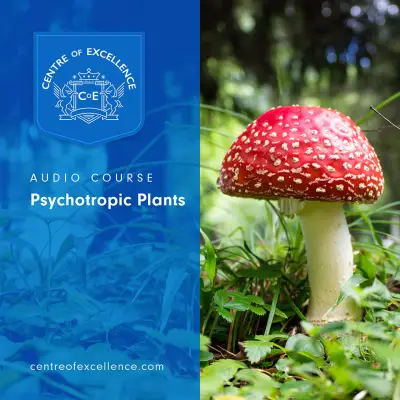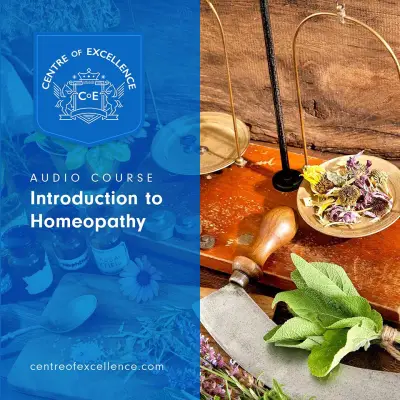Medicinal herbs have been used as a natural way to support health and healing for centuries, and in recent times, more people are turning to these plants to help with various health concerns. Whether you’re trying to reduce stress, strengthen your immune system, or manage chronic conditions, medicinal herbs offer a natural and effective solution. This A-Z list of herbs covers their uses, benefits, and how you can easily add them to your wellness routine at home.
This article is for informational purposes only and is not a substitute for professional medical advice, diagnosis, or treatment. Always consult with your GP or a qualified healthcare professional before starting any new herbal remedies, especially if you are pregnant, breastfeeding, taking medication, or managing a health condition.
Jump to:
Recommended for you!
Best SellersA
Aloe Vera
Famous for its skin-healing properties, Aloe Vera is also great for soothing digestive issues and supporting immune function. It can be applied topically to treat burns, cuts, and other skin irritations.
Ashwagandha
Ashwagandha is known for its ability to help the body manage stress, improve energy levels, and support a healthy immune system. This herb has adaptogenic properties, meaning it helps the body adapt to physical, emotional, and environmental stressors. It’s commonly used to promote relaxation and balance hormones.
B
Basil
Basil is packed with antioxidants, vitamins, and essential oils that support overall health. It’s particularly beneficial for its anti-inflammatory and antimicrobial properties, making it a great choice for digestive and respiratory health.
Bay Leaf
Not just a cooking ingredient, Bay Leaves are used in traditional medicine to treat digestive problems, respiratory issues, and to relieve pain. The leaves can be brewed into a tea or used in a poultice for external applications.
C
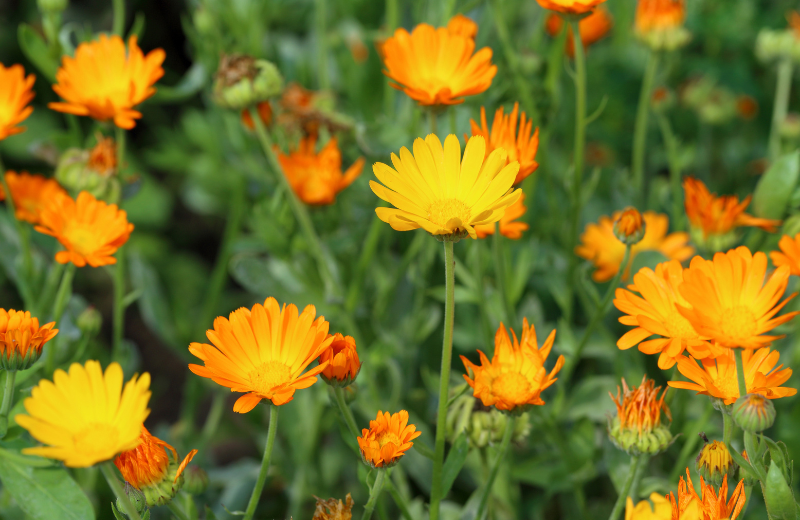
Calendula
A powerful herb for skin healing, Calendula is used to soothe cuts, burns, and rashes, as well as to promote overall skin health. It can be applied topically as a cream or oil for effective wound care and inflammation reduction.
Catnip
Best known for its effects on cats, Catnip also has calming properties for humans, helping to reduce anxiety and promote sleep. It is often consumed as a tea for its relaxing effects.
Chamomile
Chamomile is well-known for its calming effects, making it a go-to herb for sleep and relaxation. The soothing properties of chamomile make it one of the most popular herbs for stress relief. Its mild sedative effects can help you unwind after a busy day, and it’s often used in teas to promote restful sleep.
D
Dandelion
Dandelion is often considered a weed, but it’s a treasure trove of medicinal benefits. The leaves, flowers, and roots are all used in herbal medicine, and this plant is known for its detoxifying properties. Dandelion is rich in vitamins and minerals, including potassium, which can support kidney health and improve digestion.
Damiana
Often used to support sexual health and increase energy levels, Damiana is also known for its mood-boosting properties. It can be consumed as a tea or tincture to help with anxiety and low libido.
E
Echinacea
Echinacea is one of the most popular herbs used to support the immune system. It’s often taken to prevent or reduce the severity of colds and other respiratory infections. Echinacea contains compounds that stimulate the immune system, helping the body fight off illnesses more effectively.
Elderberry
A great immune booster, Elderberry is commonly used to fight colds, flu, and other viral infections. It can be consumed as a syrup, tea, or supplement to shorten the duration and severity of cold symptoms.
F
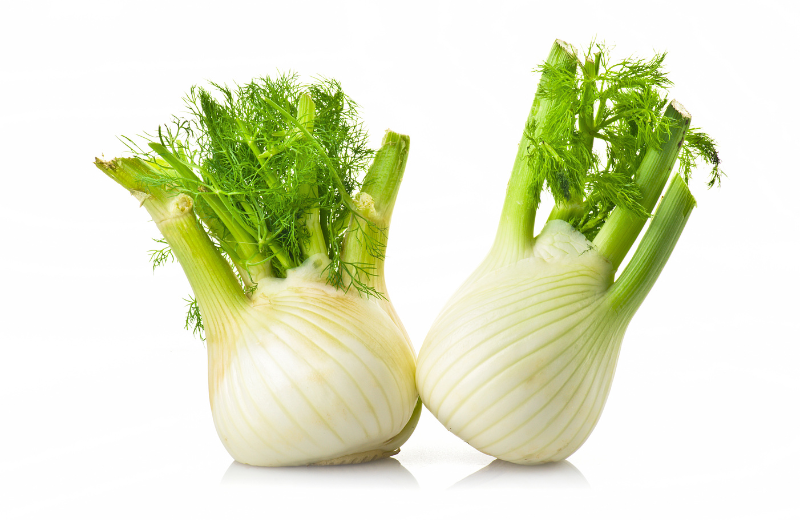
Fennel
Fennel is great for digestive health, helping to relieve bloating, gas, and indigestion. It can be consumed as a tea or added to meals for its soothing effects on the digestive tract.
Feverfew
Feverfew has a long history of use for treating headaches, including migraines. It’s also used to reduce inflammation and pain, making it a popular herb for those dealing with arthritis and other inflammatory conditions. Feverfew works by reducing the intensity of headaches and promoting overall comfort.
G
Garlic
With its potent antimicrobial and heart-healthy properties, Garlic is often used to lower blood pressure, reduce cholesterol, and fight infections. It can be consumed raw, cooked, or in supplement form for maximum benefits.
Ginger
Ginger is known for its ability to ease nausea, improve digestion, and reduce inflammation. Ginger can be used fresh or dried, and it’s often found in teas, capsules, or as a spice in food.
Ginseng
Used to boost energy levels, improve mental clarity, and support overall vitality, Ginseng is an adaptogen that helps the body cope with stress. It can be consumed as a tea, supplement, or in various forms for energy enhancement.
H
Hawthorn
Known for its heart-healthy benefits, Hawthorn is used to strengthen the heart, lower blood pressure, and improve circulation. Hawthorn is commonly taken as a supplement or in tea to support cardiovascular health.
Holy Basil (Tulsi)
Holy Basil, or Tulsi, is a revered herb in Ayurvedic medicine and is known for its ability to balance the body’s energy and support overall health. It’s an adaptogen, like Ashwagandha, and is particularly useful for stress reduction and improving mental clarity. This herb can also help balance blood sugar levels and reduce inflammation.
I
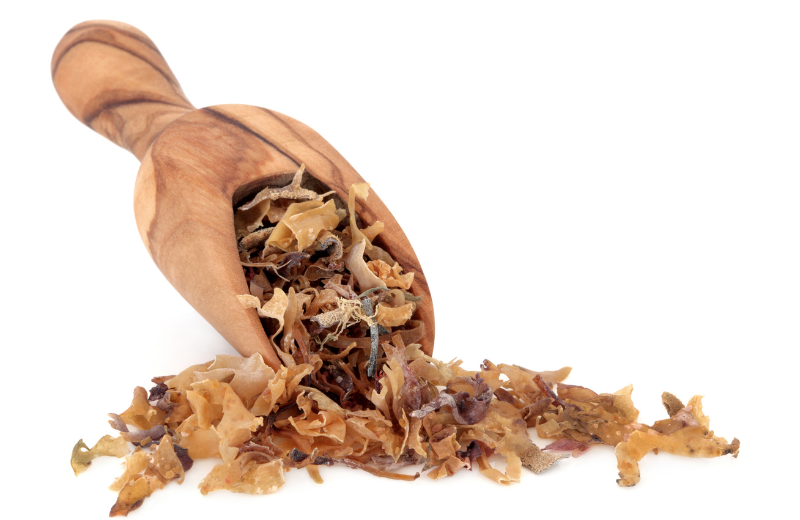
Irish Moss
Irish Moss, also known as sea moss, is a type of red algae that’s packed with nutrients. It’s often used to support skin health, boost immunity, and improve digestion. Irish Moss is rich in minerals like calcium, magnesium, and iodine, which support thyroid function and overall wellness.
Ivy
Traditionally used to treat respiratory issues like coughs and asthma, Ivy is also used for its anti-inflammatory properties. It is often found in syrups or extracts for its beneficial effects on the lungs and respiratory system.
J
Jalapeno
Jalapenos contain capsaicin, which has anti-inflammatory properties and is known to reduce pain, particularly in conditions like arthritis. Jalapenos can also stimulate circulation and support the immune system.
Jasmine
Often used in aromatherapy, Jasmine is known for its calming effects, helping to reduce anxiety and promote relaxation. It is commonly used in oils, teas, and as a fragrance for its soothing properties.
Juniper
Known for its ability to detoxify the body, Juniper is also used to treat urinary tract infections and support kidney health. Juniper berries can be consumed as a tea or in tinctures to improve circulation and cleanse the body.
K
Kava Kava
Kava Kava is a plant native to the South Pacific and is widely used for its calming and anti-anxiety properties. It’s known to promote relaxation without causing drowsiness, making it a popular choice for those seeking to manage stress and anxiety.
Kudzu
Known for its ability to reduce alcohol cravings and ease symptoms of menopause, Kudzu is also used for its anti-inflammatory properties. Kudzu root can be taken as a supplement or in tea for digestive and hormonal support.
L
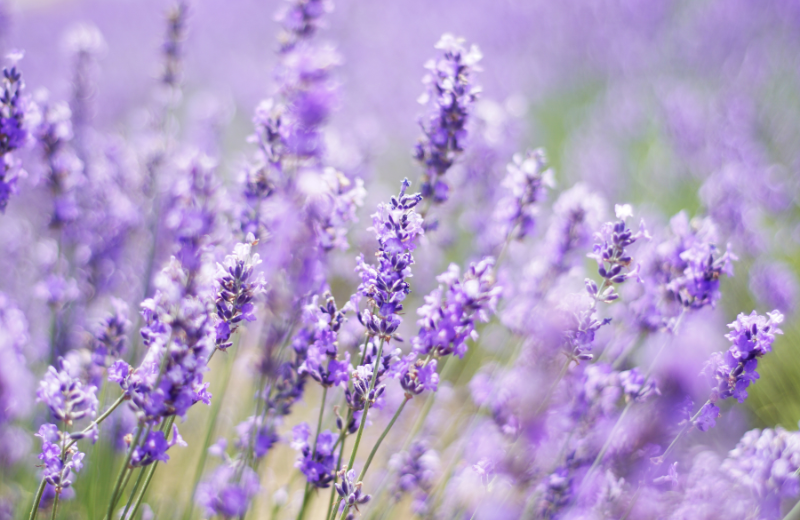
Lavender
Lemon Balm
Known for its calming and antiviral properties, Lemon Balm is used to treat anxiety, insomnia, and digestive issues. It is often consumed as a tea or tincture to ease tension and improve mood.
Licorice Root
Often used to soothe digestive issues like acid reflux and ulcers, Licorice Root is also an adaptogen that helps the body cope with stress. It is typically taken as a tea or supplement for its calming effects on the digestive system.
M
Mint
Widely used for digestive issues, Mint helps to reduce nausea, indigestion, and bloating. Mint tea is a common remedy for easing an upset stomach and improving digestion.
Mullein
Mullein is a herb that’s particularly beneficial for respiratory health. It’s commonly used to treat conditions like coughs, bronchitis, and asthma due to its soothing and anti-inflammatory properties. Mullein can also help relieve earaches and promote overall lung health.
N
Nettle
Nettle is a powerhouse herb with a wide range of uses. It’s particularly known for its ability to support joint health, reduce inflammation, and alleviate symptoms of allergies. Nettle is also a great source of vitamins and minerals, including iron and calcium.
Nutmeg
Not just a culinary spice, Nutmeg is used in traditional medicine to treat digestive issues, improve sleep, and reduce pain. It can be sprinkled into food or made into a soothing tea to promote relaxation.
O
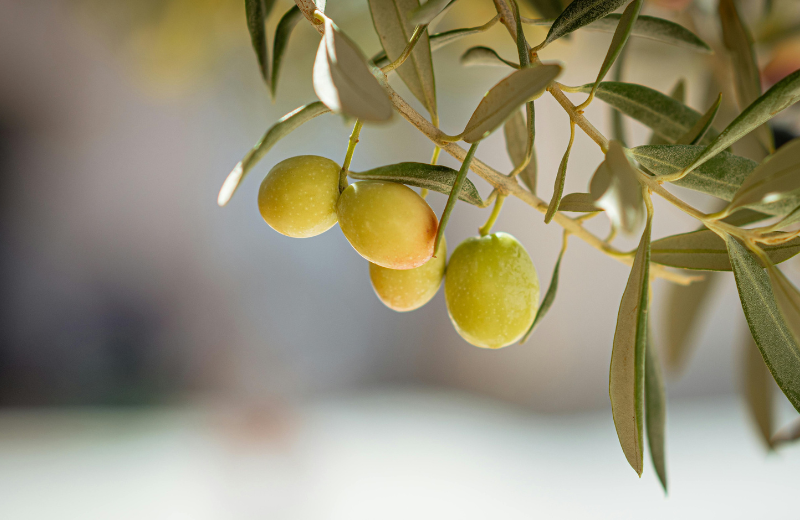
Olive Leaf
Known for its antiviral and antimicrobial properties, Olive Leaf is used to support heart health and improve immune function. Olive leaf extract is commonly consumed as a supplement for its ability to fight off infections.
Oregano
Oregano is a powerful herb for supporting immune health. Oregano contains compounds like carvacrol and thymol, which have antibacterial, antifungal, and antioxidant properties.
P
Parsley
A powerful detoxifying herb, Parsley supports kidney health and is often used to treat urinary tract infections. It can be consumed fresh in salads, as a garnish, or brewed into tea for its cleansing properties.
Peppermint
Peppermint is a refreshing herb that’s widely used for digestive issues. It’s commonly used to reduce bloating, indigestion, and nausea. Peppermint oil is also effective in soothing headaches and reducing muscle pain when applied topically.
Plantain
Used to treat skin wounds, burns, and insect bites, Plantain also has anti-inflammatory and antimicrobial properties. The leaves can be applied directly to the skin or used to make an infusion to promote healing.
Q
Quassia
Quassia is a bitter herb that has traditionally been used to treat digestive issues like indigestion and nausea. It’s also known for its anti-inflammatory and antimicrobial properties, making it a helpful herb for digestive health and infections.
Queen of the Meadow
A herb that’s often used to treat urinary tract infections, Queen of the Meadow is also known for its ability to reduce joint pain and inflammation. It can be used as a tea or tincture to ease pain and support kidney health.
R
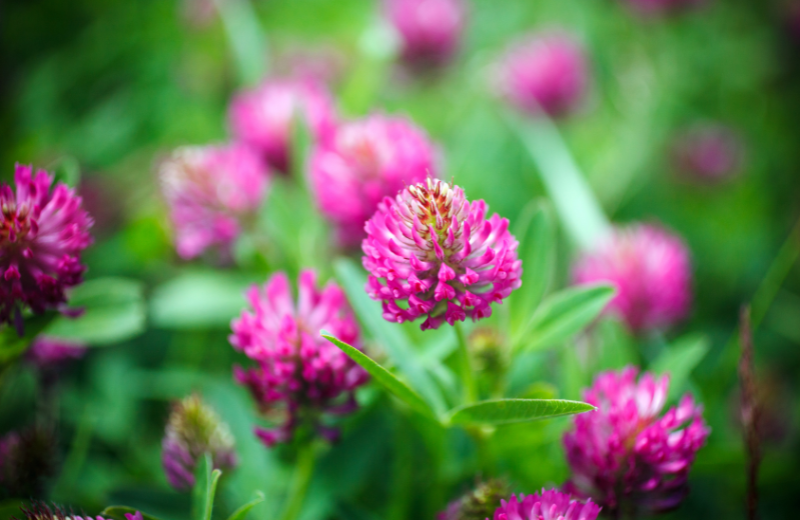
Red Clover
Rich in phytoestrogens, Red Clover is used to balance hormones and reduce symptoms of menopause. It can be consumed as a tea, in capsules, or as a tincture for its calming and restorative benefits.
Rosemary
Rosemary is a fragrant herb that’s often used in cooking, but it also has medicinal properties. It’s known for its ability to improve circulation, reduce inflammation, and enhance memory and concentration. Rosemary is also a great herb for hair health, helping to promote hair growth and reduce dandruff.
S
Sage
Often used to improve memory and concentration, Sage also has antimicrobial properties that make it great for treating throat infections. It’s typically consumed as a tea or used in cooking for its medicinal benefits.
St. John’s Wort
St. John’s Wort is most famous for its use in treating mild to moderate depression. It works by increasing the levels of serotonin in the brain, which helps improve mood. St. John’s Wort can also be helpful for treating anxiety and promoting restful sleep.
T
Thyme
Known for its antimicrobial properties, Thyme is used to treat respiratory issues, digestive discomfort, and infections. Thyme is commonly used in teas or as an essential oil for its soothing effects on the body.
Turmeric
Turmeric is a golden-yellow spice that’s long been used in traditional medicine for its powerful anti-inflammatory and antioxidant properties. Curcumin, the active compound in turmeric, has been shown to help with conditions like arthritis, digestive issues, and skin problems.
U
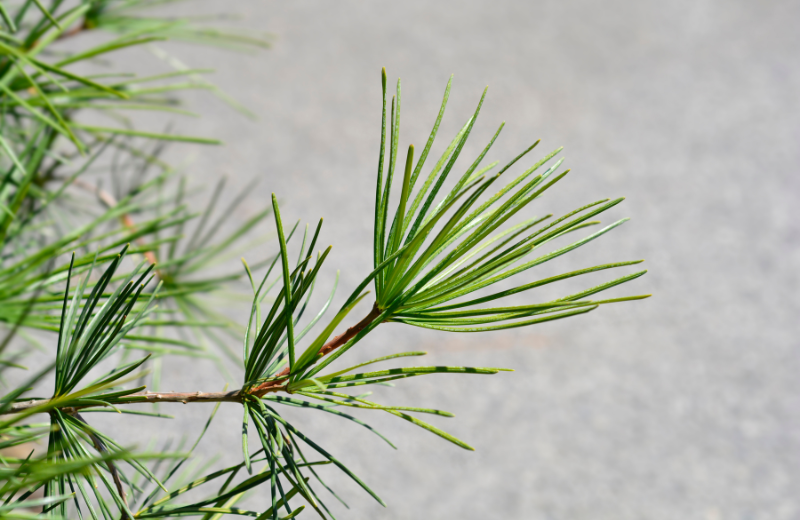
Umbrella Pine
Often used in traditional medicine for its anti-inflammatory and antimicrobial properties, Umbrella Pine supports overall wellness. It’s commonly used in herbal extracts or essential oils for skin and respiratory health.
Uva Ursi
Uva Ursi, also known as bearberry, is a herb commonly used for urinary tract health. It has antibacterial and anti-inflammatory properties, making it a helpful remedy for bladder infections and other urinary issues.
V
Valerian Root
Valerian root is well known for its calming effects, making it a popular choice for people struggling with insomnia or anxiety. It’s often used as a natural alternative to sleeping pills due to its ability to promote restful sleep and relaxation.
Violet
Known for its ability to treat respiratory issues and skin conditions, Violet also has anti-inflammatory properties. Violet can be consumed in tea or used topically for its soothing effects on irritated skin.
W
White Willow Bark
White willow bark contains salicin, which is similar to the active ingredient in aspirin. It’s commonly used for pain relief and reducing inflammation, particularly in conditions like arthritis and headaches.
Wormwood
Traditionally used to treat digestive issues and intestinal parasites, Wormwood also has antimicrobial properties. It is commonly consumed in tincture form or used in blends to promote gut health.
X
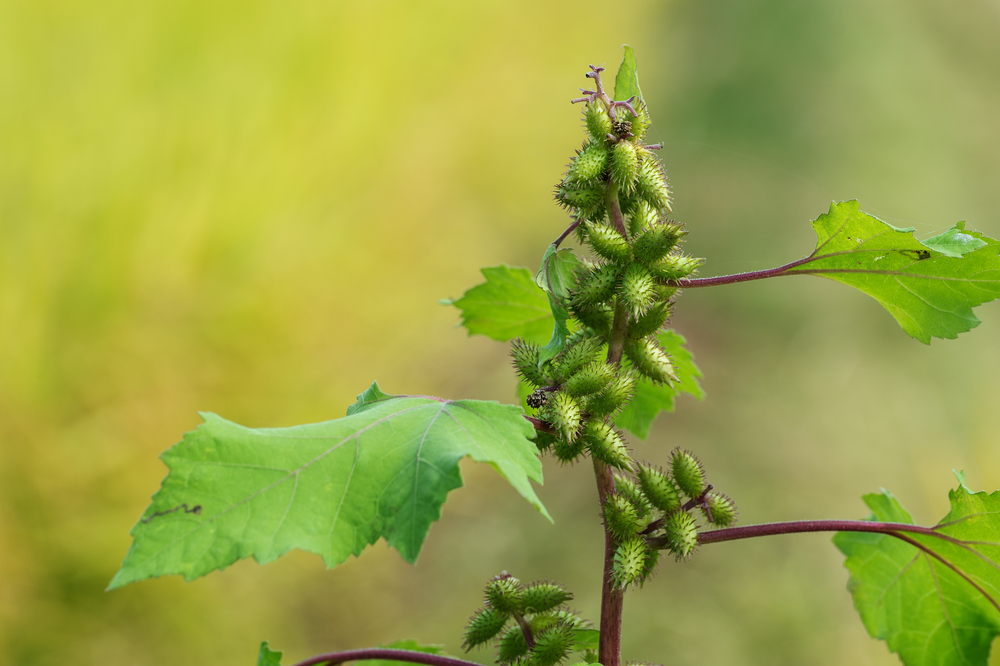
Xanthium
Xanthium, also known as burdock, is a herb that has been used for centuries in traditional medicine to support the respiratory system and treat skin conditions. It’s particularly useful for clearing congestion and supporting detoxification.
Xerophthalmia Herb
Used in traditional medicine to treat dry eye conditions, Xerophthalmia Herb supports eye health. It’s typically used in herbal formulations to relieve symptoms of eye dryness and irritation.
Y
Yarrow
Yarrow is known for its ability to stop bleeding and promote wound healing. Yarrow is also used to treat colds, fevers, and digestive issues.
Yellow Dock
Often used as a detoxifying herb, Yellow Dock supports liver health and is used to treat skin conditions. It can be consumed as a tea or tincture to promote detoxification and improve digestion.
Z
Zincwort
Zincwort is a lesser-known herb with a reputation for supporting skin health. It’s often used to treat wounds, rashes, and skin infections due to its antibacterial and healing properties.
Ziziphus
A calming herb used to treat anxiety, insomnia, and promote relaxation. Ziziphus is typically consumed in tea or capsule form to improve sleep quality and reduce stress.
Recommended for you!
Best SellersStudy Our Master Herbalist Diploma for £29
If you’re interested in learning more about herbalism and how to use medicinal herbs to support your health, consider taking the Master Herbalist Diploma Course at the Centre of Excellence. The course covers everything from herb identification and preparation to building herbal blends for specific emotional and physical needs. Follow the link to access the course for just £29!
